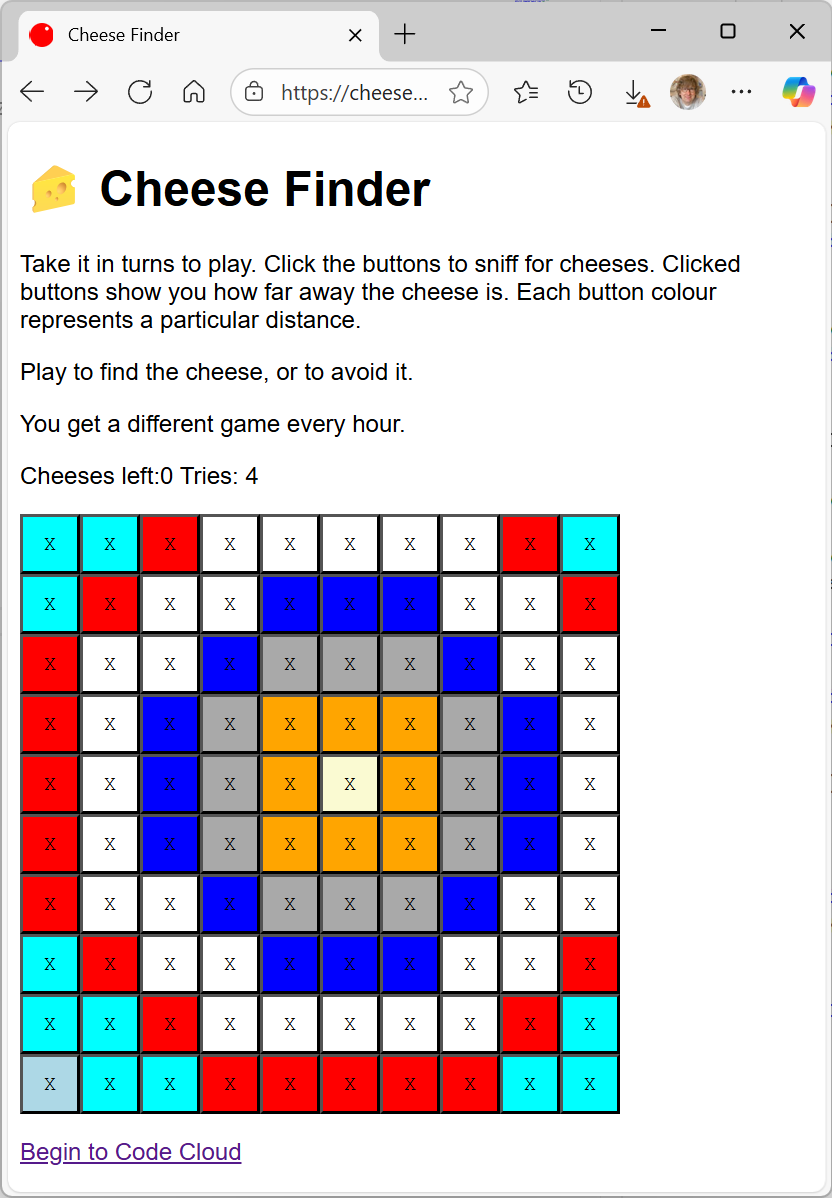Final TechEd Sessions
/Today I went to my final two sessions at TechEd 2008, which is rather sad. I really love these conferences. I only have to get a whiff of brand new nylon carpet (which they must use loads of) to be transported into a world of name badges, backpacks and session planning.
The first session I went to was by Jonathon Kagle who was doing something rather uncharacteristic for a Microsoft Product Manager. He was lifting the lid on the next version of his product, .NET Micro Framework 3.0, and even inviting comment and discussion. He has put a really good post onto the Micro Framework blog describing what is coming down the tracks, believe me it is good stuff.
One of the great things about the Micro Framework team is that they are staying true to their roots. Some products get kind of bloaty and feature creepy as they get older. Stuff gets added which might be useful in some contexts, but not all, and the whole thing gets larger and more complex as time goes by until it becomes less useful with each release. I'm a bit worried about C# 3.0 in this respect, stuff has been added which I don't really see the need for.
This is not happening with the Micro Framework. Version 2.5 actually has a smaller memory footprint than 2.0, as the team have got better at squeezing quarts into pint pots. At one point Jonathon said that they had actually figured out how to add generics (a very useful but by no means essential part of C# 2.0) to the framework but that this would have added around 17K to the memory footprint of the platform, with no easy way to disable it.
That amazed me for two reasons. The first is that someone managed to get generic support into the runtime in 17K of code, the second is that 17K is a tiny amount of memory. Less than a full stop in this text is taking up on the screen. However, in the context of a platform that needs to be able to fit into 400K or so, it is big deal, at around a 5% increase. So they left it out. The Micro Framework will now fit onto a single chip microprocessor (a single 9mm square chip). Amazing.This platform just gets better and better.
The next session I went to was about Linq, which is also amazing. The reason you go to TechEd is to find out things that you'd never get hold of any other way. Like PasteXmlasLinq. You can find it in amongst the samples provided with Visual Studio 2008. For me it was C:\Program Files\Microsoft Visual Studio 9.0\Samples\1033\CSharpSamples.zip\LinqSamples\PasteXmlAsLinq.
This does exactly what it says on the tin. it converts a file of XML into the Linq code to produce that XML output. it provides a magical way of taking an existing lump of XML and getting code that will write it. So rather than having to mess around with writing elements and building up the structure the hard way, I can just paste the XML source into Visual Studio had have the code written for me. You have to play with it to believe it. If you have any interest in the use of Xml you should know about Linq. In fact, if you work with data in any way (even if you are not even using a database, just objects) you should know about Linq. Dan Fergus, the MVP who gave the talk did a first rate job of showing the power of Linq, and how you can use it to good effect on a mobile device.





